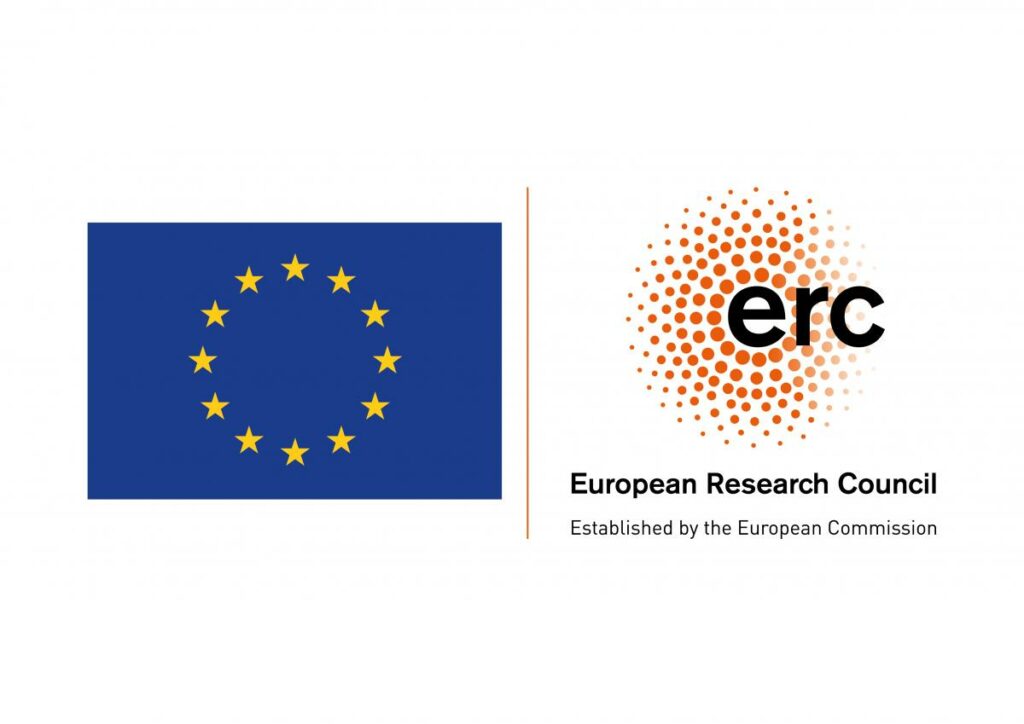This research project focuses on how lawyers bring (cell phone) evidence about push-backs at Europe’s borders to the European Court of Human Right and the Human Rights Committee. It is part of the Dissect project.
By focusing on the transformation of knowledge into evidence, the project contributes to the dissecting of evidence regimes from the perspective of lawyers and human right defenders. What is known can vary enormously between adjudicators, states, IHR lawyers, IHR defenders and victims. Nonetheless, there has been little critical reflection so far of the epistemological basis on which justice is supposed to be exercised. Why do adjudicators know what they know? How is the scope of what they claim to know shaped by the work of brokers all the way from the occurrence of an IHR violation, to the constitution of evidence, admission and finally its assessment? How do these brokers of evidence deal with subjectivity, uncertainty and assumptions about truth regimes of adjudicators?
The research will answer the above questions with the help of case studies that explore the life (and death) of evidence at different points of time (from IHR violation to adjudication) and from the perspective of different actors (activists, lawyers, adjudicators and states). The study will be based on a future literacy lab on the future of justice at European borders, semi-structured open-ended interviews and ethnographic observations of the key moments and places in the life of pieces of evidence.
